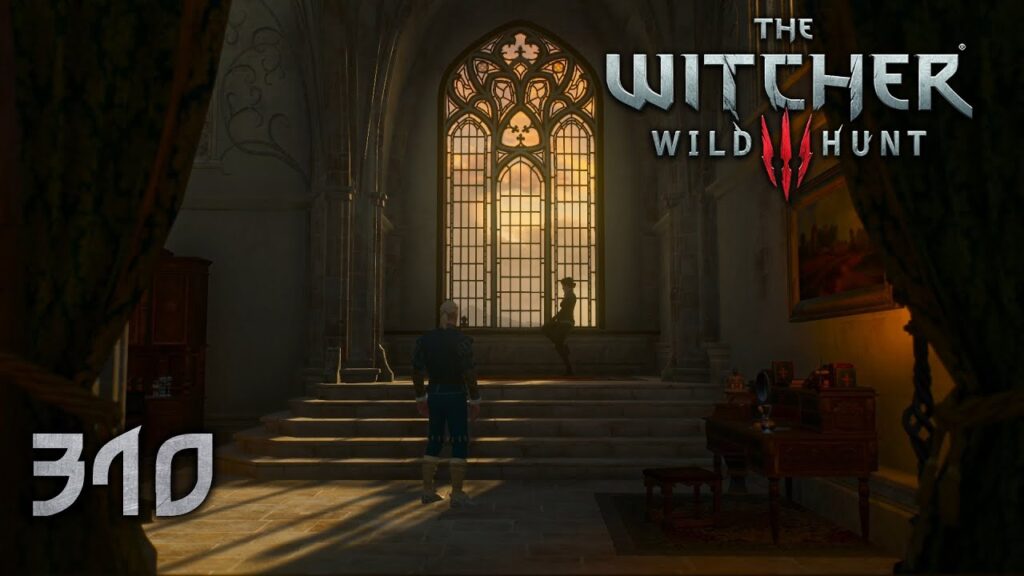
Introduction
The Witcher franchise, originating from the novels by Polish author Andrzej Sapkowski, has transformed into a worldwide cultural phenomenon over the past decade. Its relevance spans across multiple platforms including video games, a hit Netflix series, and an upcoming animated film. The enduring popularity of The Witcher highlights the series’ ability to engage diverse audiences while exploring complex themes such as morality, destiny, and the human experience.
Rise to Prominence
The Witcher’s journey began in 1986 with the publication of Sapkowski’s short stories, which gained loyal followers in Poland. It wasn’t until the release of CD Projekt Red’s video game adaptations starting in 2007 that the franchise achieved global fame. The critically acclaimed games, particularly The Witcher 3: Wild Hunt, received numerous awards, including Game of the Year awards in 2015, setting a high standard for RPG gaming.
In December 2019, Netflix premiered its adaptation of The Witcher, starring Henry Cavill as Geralt of Rivia. The series received mixed reviews initially, but quickly garnered a massive viewership, becoming one of the streaming platform’s most-watched series. With its unique blend of adventure, fantasy, and drama, the show brought renewed attention to the source material, resulting in increased sales of the novels and interest in the broader mythology of The Witcher.
Current Developments
As of 2023, The Witcher franchise continues to expand. Netflix has confirmed the production of a spinoff series, titled “The Witcher: Blood Origin,” which explores the origins of the first Witcher and the events leading up to the pivotal Conjunction of the Spheres. Additionally, there are plans for new video game releases from CD Projekt Red, further developing the already rich lore and characters.
Moreover, the franchise’s impact on pop culture is evident in the rising demand for merchandise, books, and various adaptations, signalling a robust market surrounding The Witcher universe. This is complemented by the community engagement via fan conventions, online forums, and social media, demonstrating the franchise’s ability to bring fans together.
Conclusion
The Witcher franchise exemplifies a successful blend of storytelling across multiple forms of media. Its continuous growth and adaptation reflect broader trends in fan engagement and content consumption. As both fans and newcomers eagerly anticipate future projects, The Witcher’s legacy seems poised to endure, potentially influencing future generations of storytellers in the fantasy genre. With each new release, The Witcher not only solidifies its place in popular culture but also continues to enrich the gaming and entertainment landscapes.



